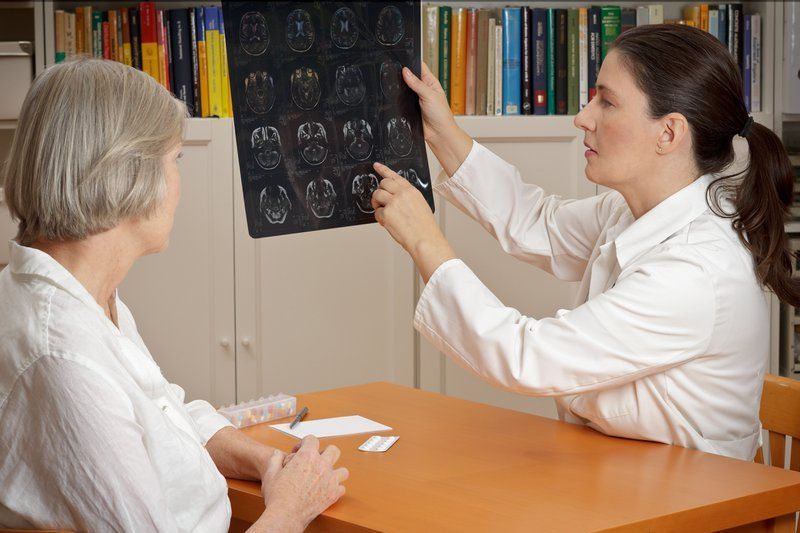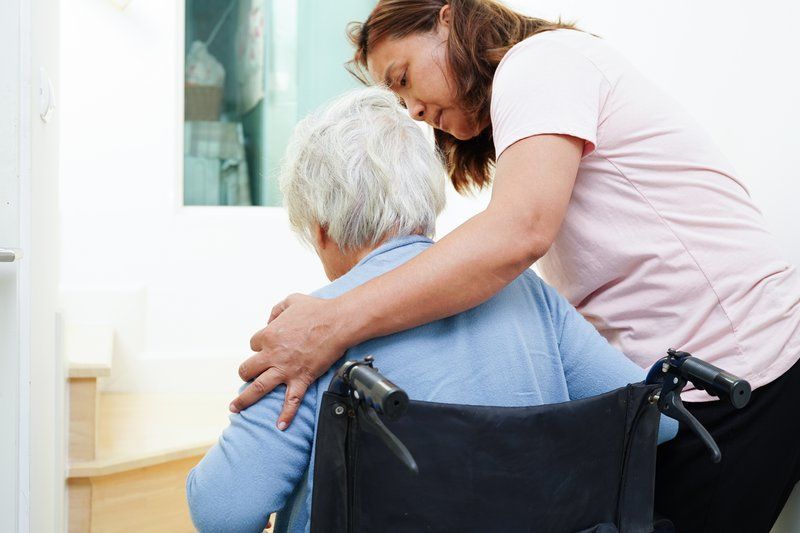Give us a call: (303) 814-2688
Email us on: francis@assuredal.com
BLOG
Brain Injury Basics: Understanding Its Impact On Your Loved Ones
When a loved one suffers a brain injury, families often face a range of challenges and uncertainties. Brain injuries affect each person differently, depending on the type and severity of the injury. This guide provides essential information on the impact of brain injuries and ways to support your loved one through recovery.
From understanding the injury’s effects on physical and cognitive functions to exploring long-term care options, we’ll cover key insights to help families navigate this journey. With the right support, you can help your loved one regain as much independence as possible.
Understanding Brain Injury and Its Types
Brain injuries are classified into two main types: traumatic and acquired. Traumatic brain injuries (TBIs) result from external force, such as falls or accidents, while acquired brain injuries (ABIs) stem from internal events like strokes or infections. Recognizing the type of brain injury also helps determine appropriate care.

TBIs can range from mild to severe, with symptoms varying widely, from headaches and memory loss to more serious impairments. ABIs, often resulting from medical conditions, can affect brain function in complex ways. Understanding these distinctions is crucial for families, as each type of injury may require different care approaches.
Families should work closely with healthcare professionals to understand the specific impact on their loved ones. Furthermore, proper diagnosis and treatment planning are essential for managing symptoms and promoting recovery.
Recognizing Cognitive and Emotional Changes
Brain injuries often lead to significant cognitive and emotional changes that affect everyday life. These changes can range from memory issues and confusion to difficulty focusing and processing information. Recognizing these challenges helps families adapt their communication and support strategies accordingly.
Emotional changes, such as mood swings or increased anxiety, are also common following brain injury. These changes can be distressing for both the individual and family members. Patience and understanding are key to managing these behaviors and helping loved ones feel secure.
Family members may also need to adjust their expectations as they navigate these shifts. Working with a specialist or joining a support group can help families manage their emotions and gain practical coping strategies.
Adjusting to Physical Limitations and Mobility Challenges
Many individuals with brain injuries experience physical limitations that impact their mobility and independence. Depending on the severity of the injury, symptoms can range from coordination issues and muscle weakness to paralysis. Families may need to consider modifications to the home environment to support safe movement.
In specialized care settings, such as rehabilitation centers, staff provide physical therapy to help individuals regain strength and mobility. Therapeutic exercises and adaptive equipment play an essential role in rebuilding physical function. These resources ensure that individuals can participate in daily activities and maintain a sense of independence.
Families should encourage consistent practice with these therapies to support long-term improvement. Collaborating with healthcare providers helps set realistic goals and track progress, giving families a better understanding of what to expect.
Supporting Daily Living Skills and Self-care Post-Brain Injury
Brain injuries often affect a person’s ability to perform daily tasks independently, such as bathing, dressing, or managing personal hygiene. These tasks require both physical and cognitive abilities, which may be compromised. Ensuring your loved one receives appropriate support with these activities is essential to their recovery.
Memory care facilities and specialized care programs offer tailored support to help individuals maintain independence in daily routines. Trained caregivers assist with self-care tasks while encouraging participation to build confidence. This balance of support fosters a positive and empowering environment for recovery.
Families can also help by establishing simple routines and cues that aid memory and coordination. Gentle guidance and encouragement will make daily tasks more manageable and foster a sense of accomplishment.
Seeking Long-Term Brain Injury Care Options
Some individuals with brain injuries benefit from specialized long-term care settings where they can access consistent rehabilitation services. Memory care and assisted living facilities with a focus on cognitive and physical rehabilitation provide structured environments for recovery. These facilities offer tailored care plans that adjust as needs evolve.

Memory care communities feature adaptive programs, environments, and therapies to support cognitive health and emotional well-being. Access to trained staff ensures that your loved one receives specialized attention and continues progressing toward personal recovery goals. This structured care also alleviates some of the burdens for family caregivers.
Planning for long-term care helps families feel prepared and confident in their decision-making. Families also ensure their loved ones have access to essential resources that promote well-being by finding the right support setting.
Building a Strong Support Network for Families
Caring for a loved one with a brain injury is challenging, and having a strong support network is essential. Family members often face emotional stress, and connecting with other families or support groups can provide valuable relief. Professional counseling and support programs also offer coping tools to navigate these challenges.
Many memory care communities offer family support services, including counseling and educational resources. These resources equip families with a deeper understanding of brain injury recovery and practical caregiving approaches. Families gain insight and emotional support from others who understand the unique demands of brain injury care.
Subsequently, balancing caregiving responsibilities with personal well-being is crucial. Prioritizing self-care and seeking community resources can make a significant difference in managing stress and maintaining a positive family dynamic.
Partner with Compassionate Care Experts
Understanding brain injuries and their impact on daily life is challenging, but compassionate care and a supportive environment make a difference. Specialized memory care services provide essential resources and personalized support to help individuals achieve their best quality of life.
At Assured Senior Living, we specialize in tailored brain injury and memory care, helping residents regain confidence and independence. Contact us to learn how our compassionate, professional staff can support your loved one’s recovery journey in a safe, caring environment.
All Rights Reserved | Assured Senior Living















